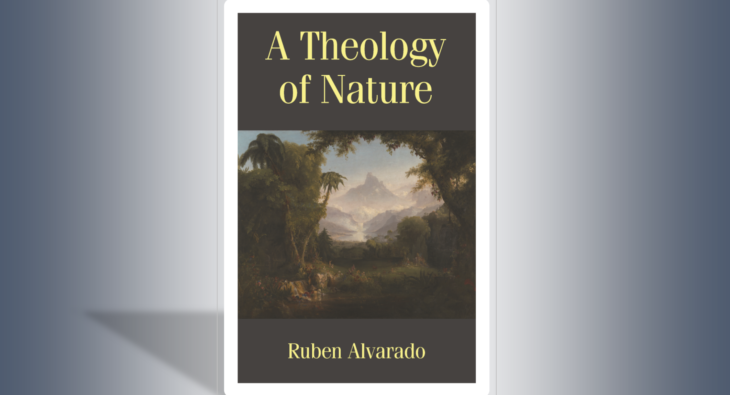
What do science and Scripture have to say about nature?
 Nowadays we in the church hear much of the task given to us to be good stewards over God’s creation. We are to treat the creation as a fragile, vulnerable artifact given us by God, to be cherished and taken special care of. The animal and plant kingdoms are precious treasures to be maintained in unspoiled beauty, preserved from the corrupting hand of civilization.
Nowadays we in the church hear much of the task given to us to be good stewards over God’s creation. We are to treat the creation as a fragile, vulnerable artifact given us by God, to be cherished and taken special care of. The animal and plant kingdoms are precious treasures to be maintained in unspoiled beauty, preserved from the corrupting hand of civilization.
But how much of this is derived from Scripture, and how much from romantic secular philosophy? To what extent does the Bible speak of man as steward of the planet? And to what extent does it validate the view of nature as unspoiled perfection marred by humankind’s intervention?
This view of nature is based on a philosophical presupposition: the balance of nature. Nature is considered to be poised in a delicate and fragile equilibrium, the slightest disturbance of which will have the direst consequences. But how valid is this presupposition?
It is of the utmost consequence that we recognize this presumption. It is what motivates the approach to the environmental crises that we confront. Climate change is one of the major themes viewed – indeed, prejudged – through the spectacles of nature in balance. The Amazon rain forest is another. Global megafire, another allegedly unprecedented phenomenon, is a third. All of these are here weighed in the balance.
This book adopts a critical stance to received notions. Its method for doing so, sad to say, is fairly unique in our day and age. For it uses both Scripture and modern science to derive a view of nature. And these two are brought into fruitful cooperation, engendering a synergy that once was the hallmark of the Christian scientific endeavor.
What does the science of ecology have to tell us about nature in balance? What does climate history tell us about climate change? What is the age of the earth, and how is it important to these questions? What is the role of carbon dioxide? How important is biodiversity? How serious is the threat of mass extinction?
What does the apostle Paul say about the original condition of the creation? What was the Garden of Eden really, and what role did Adam play in it? What kind of steward was he, and how did this change after the fall? What does the tower of Babel tell us about stewardship? What is the place of globalization versus nationhood in carrying out the divine command to exercise dominion? What is the role of the church? What is natural law?
And the greatest question of all: why did God create things the way He did?
These and other questions are answered here, but as important, there is serious discussion of them in terms of both science and Scripture. Those who cherish a “deep dive” into the subject matter will derive the most benefit from it. Those who do not are advised to seek out a more simplistic treatment, although in doing so, they may be depriving themselves of the benefit of serious analysis.
In writing this book, the author has brought to bear not only his years of study in history, philosophy, economics, law, and theology, but also his degree work and professional experience in the field of forestry.
- ISBN Complete: 978-90-76660-58-5 softcover, 978-90-76660-59-2 case laminate
- Publication Date: 12/9/2020
- Perfect Bound: B&W illustrations, 6 x 9 in or 229 x 152 mm
- Case Laminate: Color illustrations, 6 x 9 in or 229 x 152 mm
- Page Count: 200
- Retail price
- softcover: $12.99/ £9.99/ €11.99
- case laminate: $22.99/ £16.99/ €18.99
- ebook $5.99
Download Errata Sheet, Paperback Edition
Download Errata Sheet, Hardcover Edition
Review copies available upon request: click here